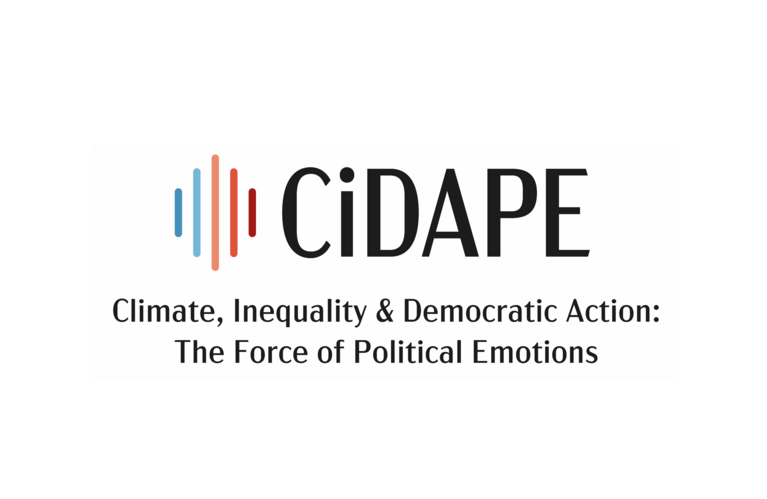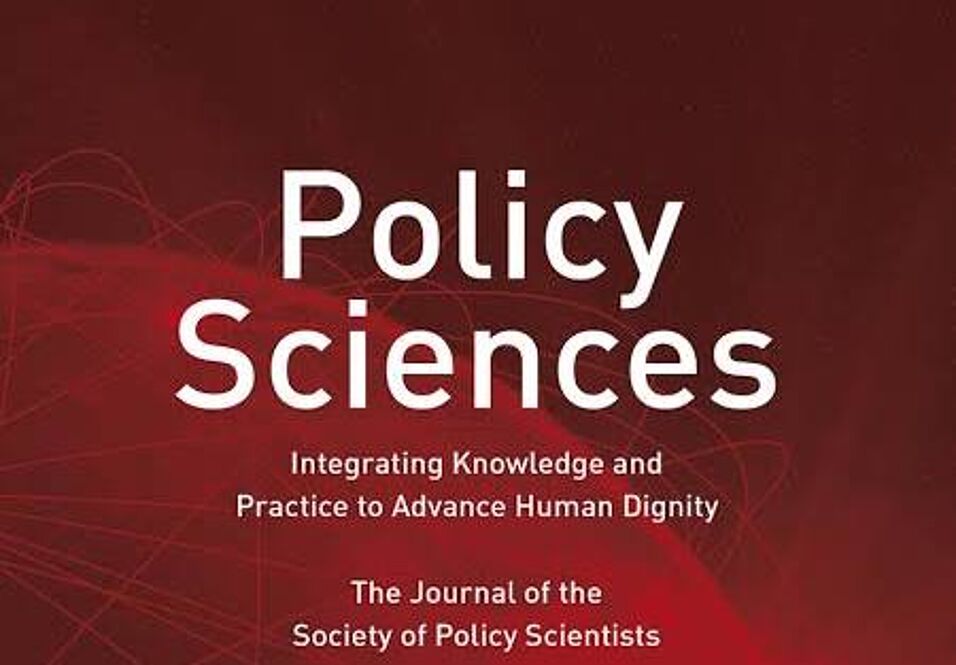A recent publication, "Political Emotions: A New Policy Science for Tackling the Climate Crisis", examines how emotions influence climate policymaking and public debates. Authored by Anna Durnova, Till Hilmar, Sonja Blum, Ondřej Císař, Maarten Hajer, and Michal Kolmaš, the study offers a novel perspective on the role of emotions in shaping responses to the climate crisis.
"Emotions are often dismissed as irrational in policymaking", the authors explain, "but they are deeply connected to how people perceive and engage with climate issues". The research introduces the concept of "political emotions"-emotions shaped by societal norms and power dynamics-and explores their impact on public trust, policy debates, and collective action.
The study highlights how emotions such as frustration or fear can lead to resistance when policies are perceived as imposed or disconnected from local contexts. "Citizens often feel excluded when policies are developed in a top-down manner". At the same time, emotions can foster solidarity and cooperation when people feel part of a shared effort.
CIDAPE advocates for a more inclusive approach to policymaking, one that considers emotional dimensions alongside technical and social factors. "Understanding how emotions shape public responses can help design policies that are more effective and equitable." Building on the interdisciplinary tradition of policy sciences, the study emphasizes the importance of bridging gaps between policymakers and citizens.
This research provides valuable insights for policymakers, activists, and anyone interested in the connections between climate change, emotions, and democracy. For more information, the full publication is available open access here.

